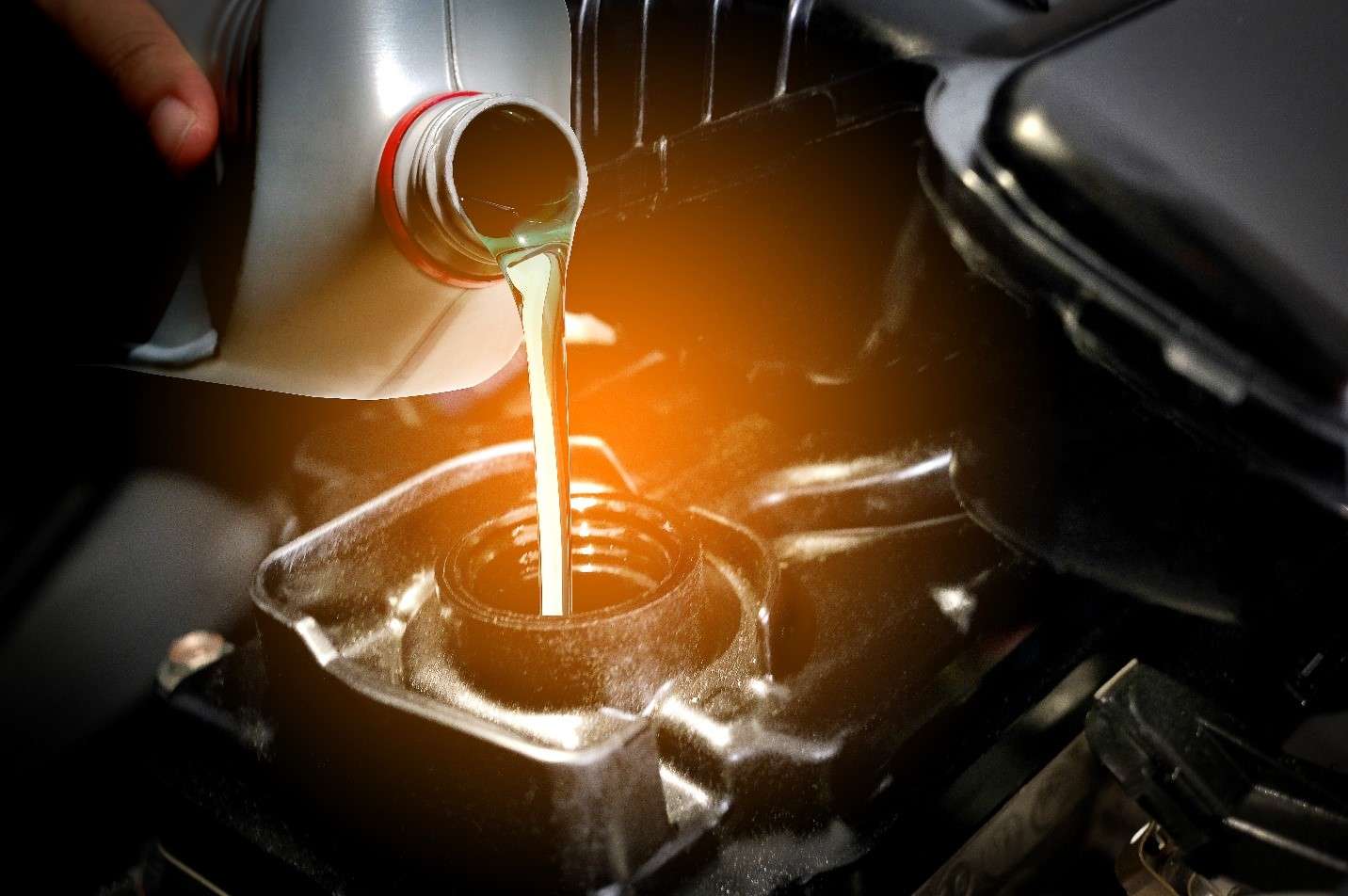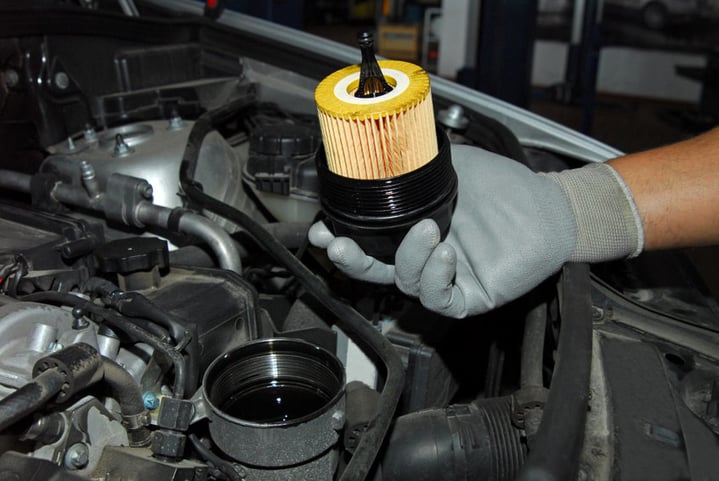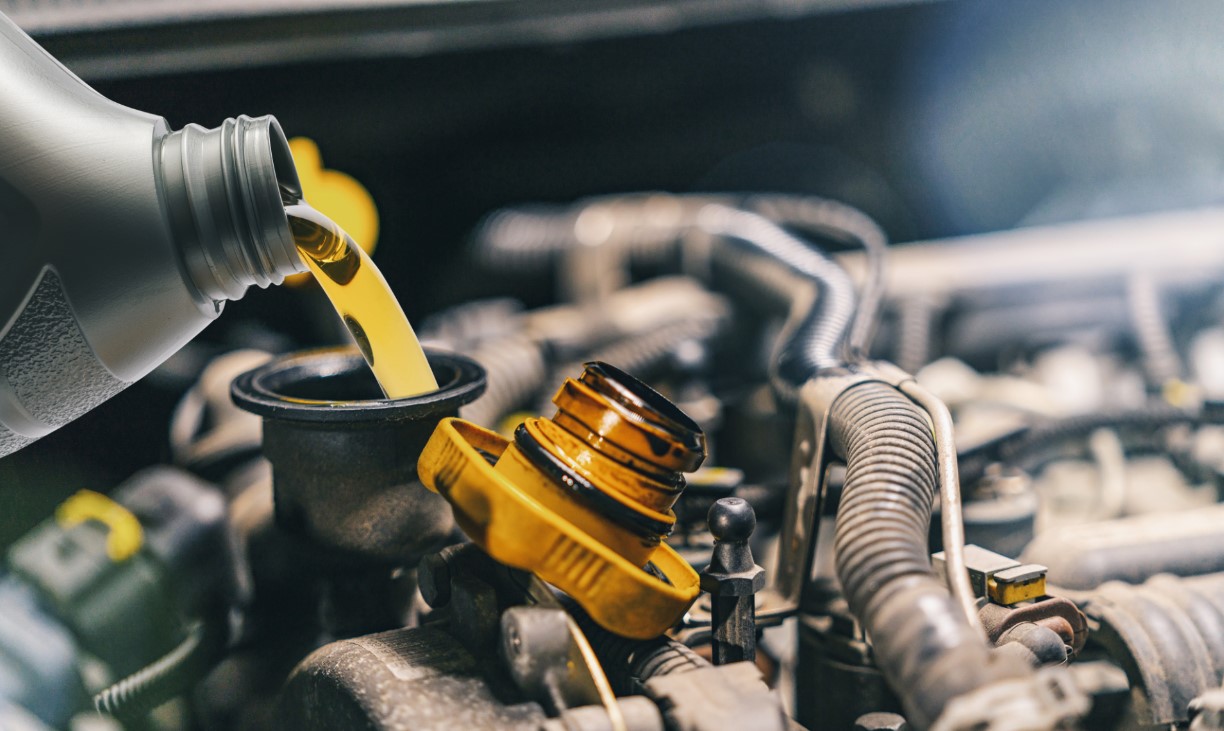Just How an Oil Modification Boosts Fuel Efficiency and Shields Your Cars And Truck
Routine oil adjustments are a crucial facet of car maintenance that can significantly improve fuel efficiency and safeguard engine honesty. By changing old, contaminated oil with premium options, friction amongst engine components is minimized, resulting in improved functional performance and gas usage. In addition, this technique assists remove damaging down payments that add to engine wear in time. Understanding the complex partnership in between oil high quality and vehicle efficiency exposes not just the immediate benefits yet additionally the long-lasting ramifications for your vehicle's life-span. The question stays: what certain signs should you understand to determine when an oil change is necessary?
Relevance of Regular Oil Modifications
Normal oil modifications are vital for preserving the durability and performance of any automobile. Engine oil serves as a crucial lubricating substance, minimizing rubbing in between relocating components and preventing too much wear. In time, oil weakens due to direct exposure to heat, moisture, and pollutants, which jeopardizes its capacity to protect the engine. Neglecting oil changes can bring about a host of problems, consisting of engine getting too hot, minimized gas efficiency, and eventually, pricey fixings.
Additionally, normal oil modifications contribute to ideal engine performance. Fresh oil makes sure that the engine runs smoothly, allowing for far better velocity and responsiveness.
How Oil High Quality Impacts Efficiency
How does oil top quality influence the overall efficiency of an engine? The high quality of engine oil plays a vital function in keeping optimal engine function - Oil Change Lockhart. Top notch oil is created to supply remarkable lubrication, minimizing rubbing in between relocating parts. This not only lessens wear however likewise enhances the efficiency of power transfer within the engine, promoting smoother procedure.
In addition, high quality oil includes ingredients that boost its efficiency under varying conditions. These additives can include cleaning agents, which aid to clean engine parts and avoid sludge accumulation, and anti-wear agents, which shield vital surfaces during high-stress scenarios. The thickness of the oil is also important; it has to continue to be steady across a variety of temperatures to ensure proper flow and lubrication.
Utilizing substandard or degraded oil can bring about reduced performance, leading to raised engine wear and prospective getting too hot. This can ultimately shorten the life-span of essential elements, resulting in expensive repair services. Choosing top notch oil is important for sustaining engine performance, durability, and dependability. On a regular basis checking and transforming the oil according to supplier requirements makes certain that the engine runs at its ideal, safeguarding your investment in your vehicle.

Effect On Gas Effectiveness
High-grade engine oil helps with smoother engine operation by minimizing friction in between relocating parts. When the engine oil is fresh and of premium top quality, it keeps optimal thickness, ensuring that the oil flows properly and reaches all necessary elements.
On the other hand, broken down or low-grade oil can develop increased friction and resistance within the engine. This not just hampers efficiency however also compels the engine to work harder, leading to greater gas usage. Routine oil changes help maintain the oil's integrity, making sure that it stays efficient in oiling engine parts and avoiding buildup of damaging deposits.

Protecting Against Engine Wear and Tear
Maintaining ideal engine efficiency is largely depending on protecting against deterioration, which can substantially expand the life-span of the car. Regular oil changes play a vital duty in this preventive maintenance strategy. Engine oil works as a lube, minimizing friction in between moving components, which helps to reduce wear. In time, oil can end up being contaminated with dust, debris, and steel bits, diminishing its performance.
When oil is not transformed frequently, it can bring about increased friction, overheating, and eventually, engine failure. Fresh oil, on the various other hand, includes additives that secure engine parts from rust and wear, making certain smoother i was reading this procedure.
In enhancement to the high quality of oil, adhering to the producer's recommended check here oil adjustment intervals is important. These periods are created to align with the car's details needs based upon driving practices and conditions. Motorists ought to likewise recognize variables that may speed up engine wear, such as severe temperature levels, towing, and stop-and-go traffic. By prioritizing regular oil adjustments, vehicle owners can considerably decrease the danger of engine wear, boost efficiency, and inevitably minimize expensive fixings, therefore preserving the lorry's worth gradually.
Signs Your Oil Requirements Changing
Routine oil adjustments are not only essential for avoiding engine wear yet additionally for recognizing when your oil calls for replacement. A number of indicators suggest that it may be time for an oil adjustment, and being vigilant regarding these can aid maintain your vehicle's performance.

One of one of the most typical signs is the oil change light on your control panel. Oil Change Lockhart. If this light illuminates, it is a timely to check your oil levels and think about an adjustment. Furthermore, if you see a dark, gritty structure when checking the oil on the dipstick, it recommends that the oil has become infected and is less click this link effective in lubricating the engine parts
Uncommon engine sounds, such as knocking or ticking, might also signal that the oil is falling short to do its responsibilities, potentially causing serious engine damages. If you detect a burning oil odor or see oil spots under your lorry, these could indicate leaks or too much consumption, requiring a prompt oil modification.

Conclusion
The use of premium, fresh oil lessens friction among engine components, minimizing power loss and advertising smoother operation. Prompt oil modifications stop the accumulation of damaging impurities that add to engine wear and getting too hot.